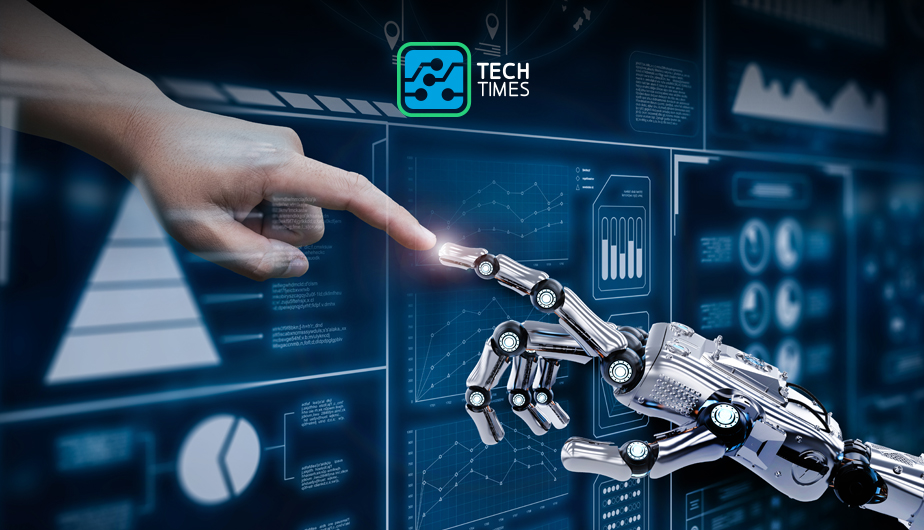
The concept of artificial intelligence has fascinated us for decades. But this technology is no longer something that simply entertains us in movies. It’s here and it’s infultrating our everyday lives in ways many of us don’t even realize. If you’ve ever received customer support from a chatbot or been automatically tagged in a picture on Facebook, you’ve experienced AI in action.
What we are witnessing today is a delicate balance being struck between humans and robots. Let’s take a closer look at how AI and machine learning technologies will begin to impact our lives in real, tangible ways.
Smart personal assistants
It used to be that personal assistants were something only the rich and famous had. Thanks to technology, these are no longer a luxury – they’re just not in human form. Smart AI assistants, like Siri and Alexa, will become even more intimately familiar with our daily routines, making our lives infinitely easier. Imagine coming home from a long day of work and finding all the groceries you need to cook your favorite dinner waiting for you at your doorstep. That’s because your AI assistant knows what you like, what ingredients you have on hand and can automatically order what’s left.
Autonomous transportation
While as of yet vehicles are still required to have a driver present at the wheel, slowly but surely, we are beginning to get a glimpse of what self-driving cars might eventually be like. Many big names in tech, including Elon Musk and Google, are working diligently to bring automated cars to the general public. In fact, latest projections place time-to-market sometime between 2020 and 2025. Whether or not that time table holds, the concept of autonomous vehicles is likely to become a reality sooner rather than later.
Facial recognition
Most of us are already experiencing facial recognition technology to some degree, thanks to things like auto-tagging and the latest and greatest smartphones. In the future, however, this technology will likely also be applied in other everyday transactions, such as utilizing our digital face prints to process credit card purchases. This would provide both time savings as well as enhanced protection against theft.
Personalized entertainment
Again, we’re already getting a taste of this, but it will only continue to increase and improve over time. Much the same way that digital streaming services like Netflix and Spotify tailor content based on your behavior and preferences, future media services may even begin to generate entirely new content based on this personalized information.
Empathetic computers
Up until now, artificial intelligence has been smart but devoid of emotion. In fact, this is perhaps the biggest gap to bridge between human and machine. That may one day change, however, with practical advancements in AI that will enable a more contextual form of computing. This will take interactions several steps beyond the basic questions and single answers to more human-like responses. For instance, we may see multi-part conversations, comprehensive responses and insightful suggestions to our queries. In other words, AI may evolve to incorporate a sense of digital empathy.
While it’s impossible to predict exactly how AI technology will impact our daily lives, it’s pretty clear that interacting with artificial intelligence will soon become an everyday activity.
What do you think? How do you envision AI influencing our future? Please share your thoughts in the comments section below.